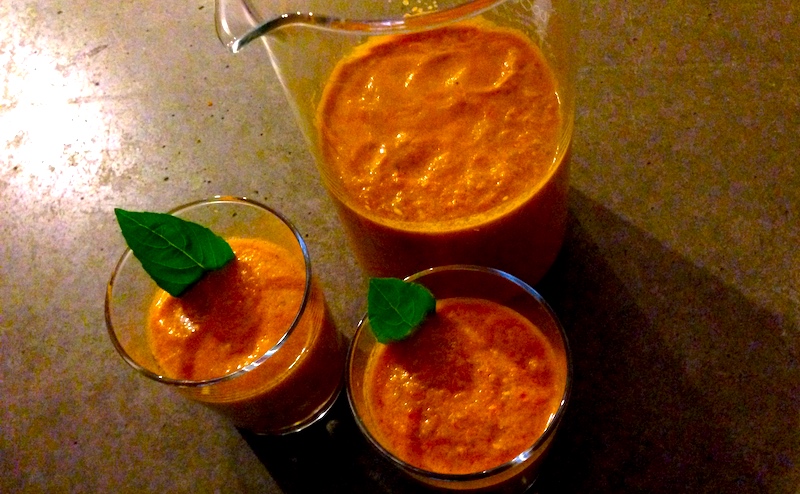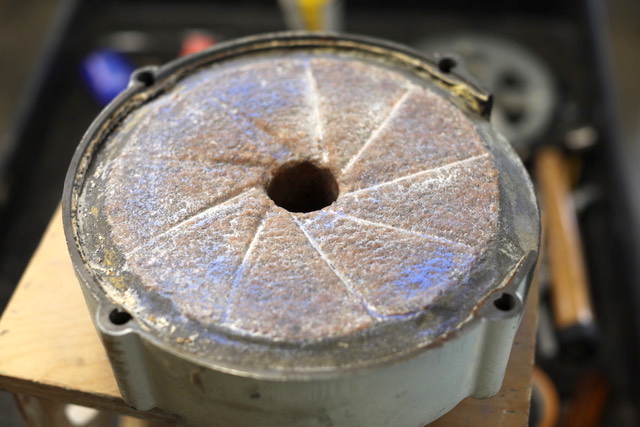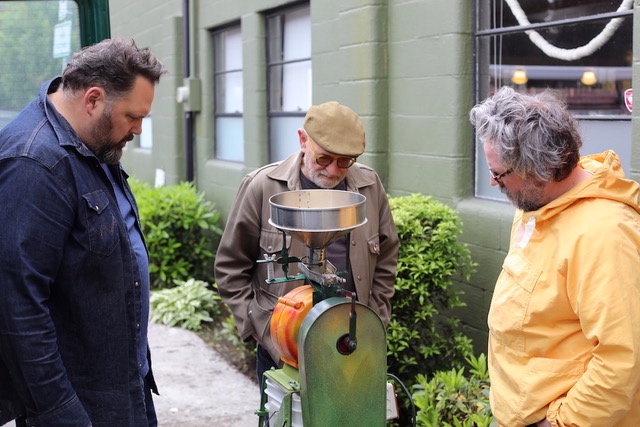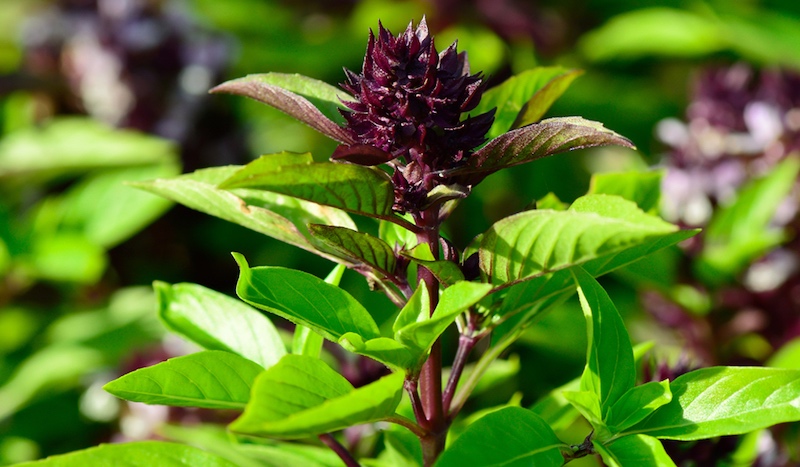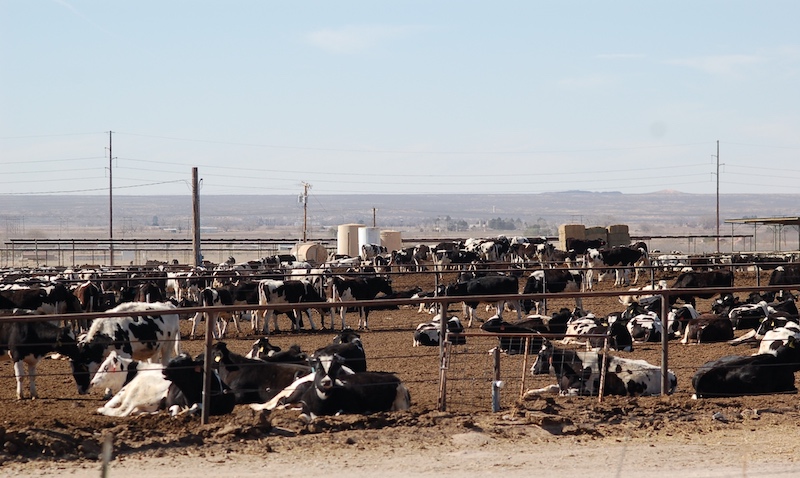
Editorial: State Must Permanently Deny Easterday Dairy Permit
The Oregon Department of Agriculture (ODA) and the Oregon Department of Environmental Quality (DEQ) must deny a permit for the proposed Easterday Dairy to operate a 30,000-cow mega-dairy near the town of Boardman, Oregon.
Why deny the permit?
First, the Lower Umatilla Basin, the site of this proposed industrial operation, was designated a Groundwater Management Area (GWMA) in 1990 due to nitrate/nitrogen concentrations exceeding 7 milligrams per liter (mg/L). Nitrate concentrations in drinking water are linked with serious health concerns for infants and pregnant or nursing women, not to mention contributing to a variety of cancers and other health conditions.

In the more than 30 years since that designation, recent testing of drinking water from wells that draw from the groundwater shows the situation has grown even more dire. Even households that were fitted with reverse-osmosis filters designed to filter out nitrates were shown to have levels of the pollutant "between 29 parts per million to nearly 48 parts per million—up to nearly five times the federal safe limit" according to an article in the Oregon Capital Chronicle.
In the same article, it quotes the technician who called with the test results from the six samples as asking, "No one is drinking this, right?"
Because of the extreme levels of nitrate pollution in the groundwater, mostly from agricultural sources, Morrow County has declared an emergency and the federal Environmental Protection Agency (EPA) is considering using its emergency authority to intervene in the region.
The technician who called with the test results from the six samples
of water asked, "No one is drinking this, right?"
Then there's the history of the specific site of the proposed dairy. Initially developed as the 30,000-cow Lost Valley Farm—which has been reported on extensively here—owner Greg te Velde began building even before he had state permits in hand. In 18 months of operation, the state issued more than 200 citations for environmental violations ranging from overflowing manure lagoons, cows forced to stand in their own filth and dead animals overflowing a dumpster. Te Velde himself was arrested in a prostitution sting and charged with felony meth possession. Lost Valley declared bankruptcy in 2018.
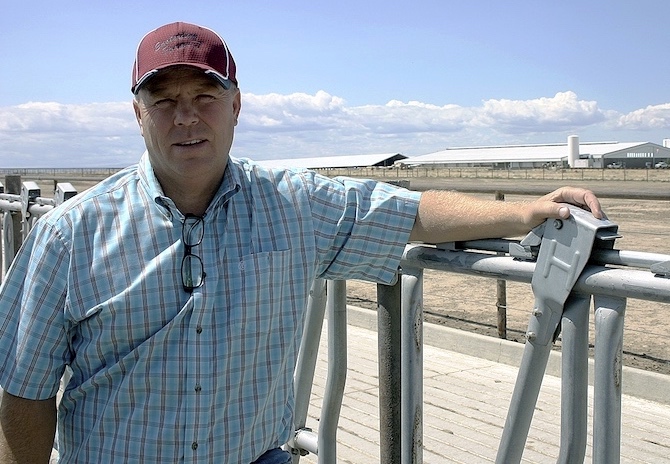
The scion of the vast Easterday Farms agricultural empire in Washington State, Cody Easterday, bought the failed facility for $66.9 million in early 2019, promising to clean up the heavily polluted land and restore it to profitability. Renamed Easterday Dairy, it almost immediately ran into its own set of soap opera-worthy dramas.
Cody himself turned out to have a gambling problem, which led him to create a "ghost herd" of cattle to disguise his debts, eventually pleading guilty to defrauding Tyson Foods, Inc., and another company out of more than $244 million over a period of six years by charging them for the purchase and feeding of more than 200,000 cattle that existed only on paper.
Easterday Dairy intentionally applied almost three times the allowable amount of nitrogen fertilizer on the property during the 2021 crop season.
Those troubles exacerbated the issues with the dairy, with the state putting an indefinite "pause" on the permit even though the Easterday family replaced Cody's name on the permit with that of his 25-year-old son, Cole. Moreover, according to the Kennewick, Washington, Tri-City Herald, "despite a January 2021 warning about nitrate levels, the landowners say Easterday Dairy intentionally applied almost three times the allowable amount of nitrogen fertilizer on the property during the 2021 crop season."
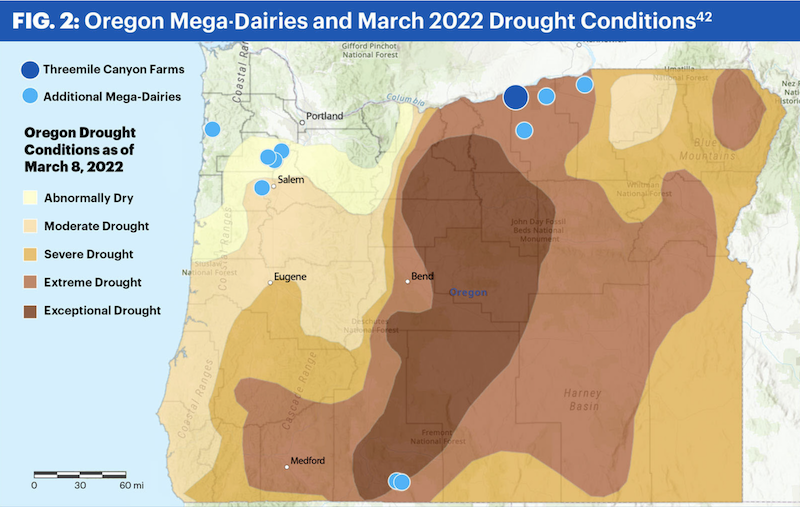
Then in July of this year, facing years of delay and with mounting financial issues and more violations even with no animals onsite, Easterday proceeded to sue the former owners of the property for breach of contract, asking for $14 million in damages or to be released from the purchase agreement, according to several news sources.
The issues with increasing nitrate pollution from decades of state mismanagement in the region, which is also experiencing increasing drought conditions due to climate change along with a drain on the at-risk aquifer from agricultural uses, should by itself condemn the permit. But the catastrophic damage at the site and the actions of the owners speak to the need for a permanent denial of another mega-dairy for the good of the environment, the people in the community, and the air, water and groundwater we all share.
Top photo from Stand Up to Factory Farms. Photo of Cody Easterday from Easterday's public Facebook page. Drought map from Food and Water Watch.
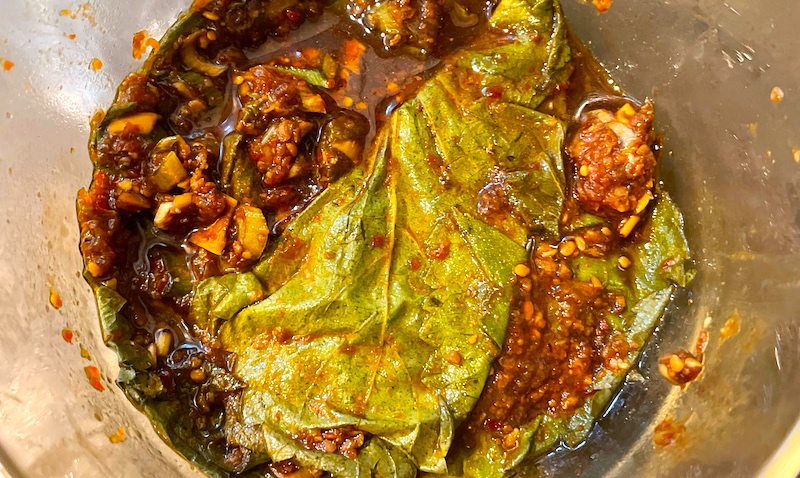
 It's made using shiso leaves, halfway between a leafy green and an herb that the New York Times described as "a mysterious, bright taste that reminds people of mint, basil, tarragon, cilantro, cinnamon, anise or the smell of a mountain meadow after a rainstorm." (Ooooookay…?) I'd say it's flavor is on the same spectrum as cilantro: definitely pungent, with a slightly minty twang. Shiso is, for me, a little strong to use in a salad, for instance, but the process of fermentation and the other ingredients in the brine—soy, ginger, garlic and the Korean ground peppers called gochugaru—seem to tame its somewhat, shall we say, overpowering personality.
It's made using shiso leaves, halfway between a leafy green and an herb that the New York Times described as "a mysterious, bright taste that reminds people of mint, basil, tarragon, cilantro, cinnamon, anise or the smell of a mountain meadow after a rainstorm." (Ooooookay…?) I'd say it's flavor is on the same spectrum as cilantro: definitely pungent, with a slightly minty twang. Shiso is, for me, a little strong to use in a salad, for instance, but the process of fermentation and the other ingredients in the brine—soy, ginger, garlic and the Korean ground peppers called gochugaru—seem to tame its somewhat, shall we say, overpowering personality.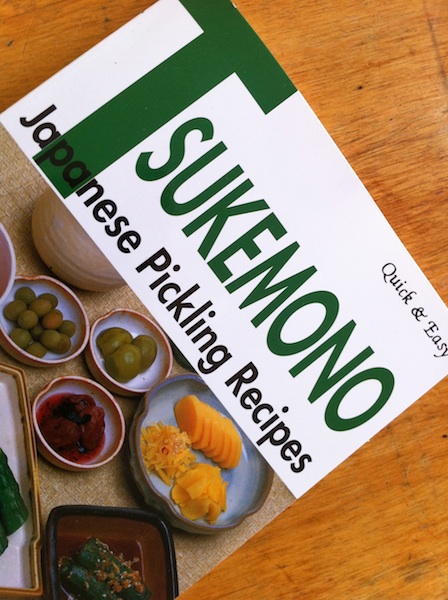 The recipe is adapted from a book I absolutely love,
The recipe is adapted from a book I absolutely love, 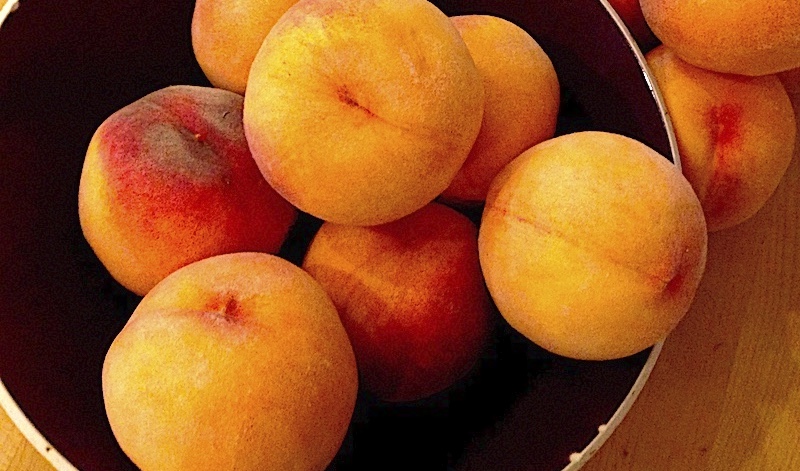
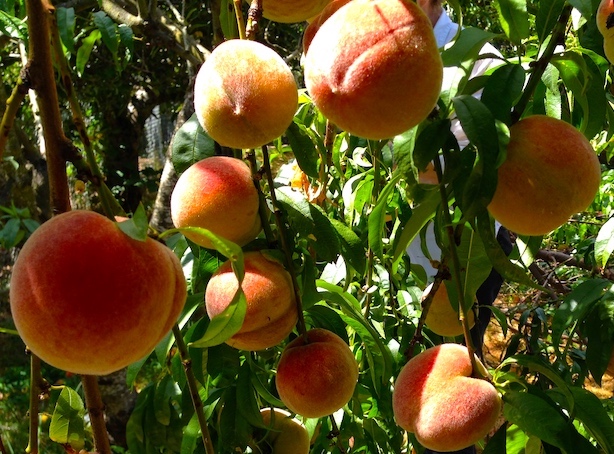 Among its many attributes, a medium peach is a mere 37 calories and is high in vitamins A, B, and C. Because a fully ripe peach is delicate and easily bruised, you will often find them sold just “under-ripe.” To fully ripen your fruit, place them on the counter in a brown paper sack, folded closed, for two or three days. (Do not try this in a plastic bag. As the fruit respires, it gives off moisture which will collect on the plastic bag and cause the fruit to rot.) The ripe fruit will be soft and fragrant. Refrigerate them at this point.
Among its many attributes, a medium peach is a mere 37 calories and is high in vitamins A, B, and C. Because a fully ripe peach is delicate and easily bruised, you will often find them sold just “under-ripe.” To fully ripen your fruit, place them on the counter in a brown paper sack, folded closed, for two or three days. (Do not try this in a plastic bag. As the fruit respires, it gives off moisture which will collect on the plastic bag and cause the fruit to rot.) The ripe fruit will be soft and fragrant. Refrigerate them at this point. 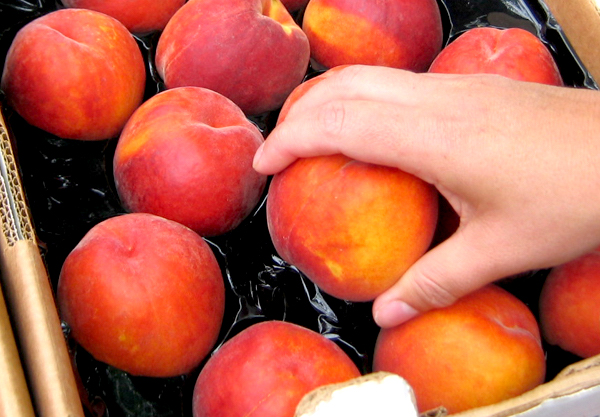 Like the plum and the apricot, peaches are members of the rose family (Rosaceae), distinguished by their velvety skin. If the peach fuzz bothers you, try rubbing the fruit with a terry handtowel after washing, it will diminish the feel of the fuzz on your mouth. Of course, you could also choose to purchase nectarines instead if the fuzzy skin bothers you.
Like the plum and the apricot, peaches are members of the rose family (Rosaceae), distinguished by their velvety skin. If the peach fuzz bothers you, try rubbing the fruit with a terry handtowel after washing, it will diminish the feel of the fuzz on your mouth. Of course, you could also choose to purchase nectarines instead if the fuzzy skin bothers you. 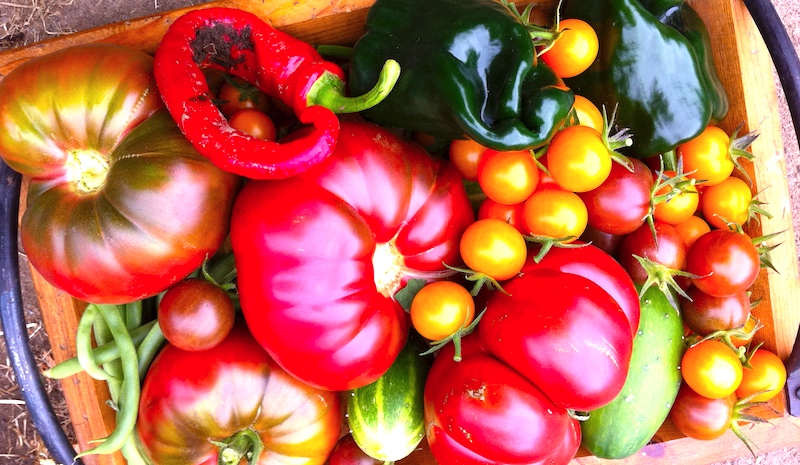

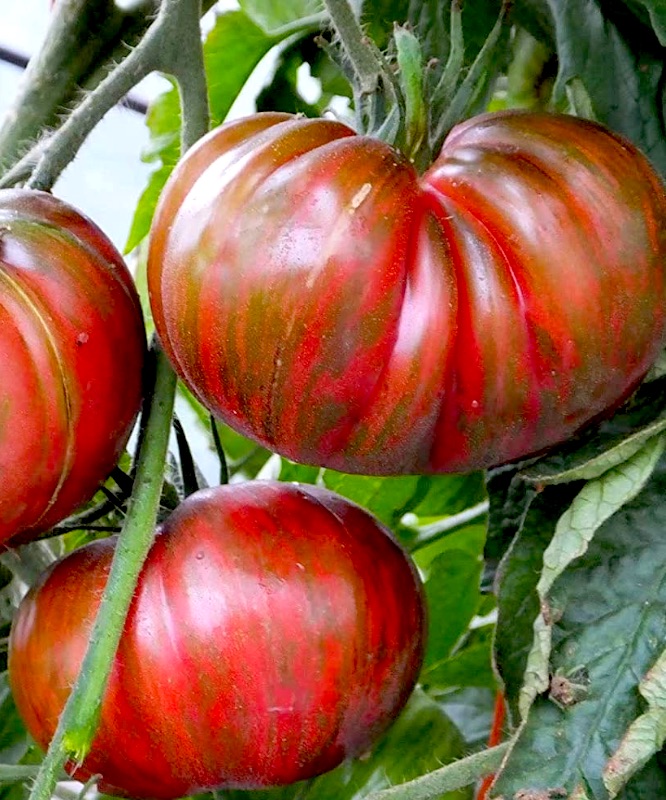
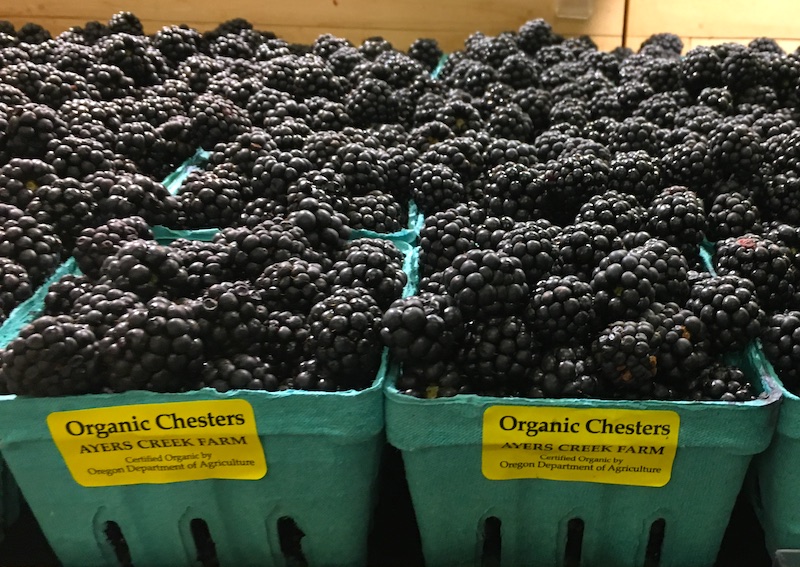

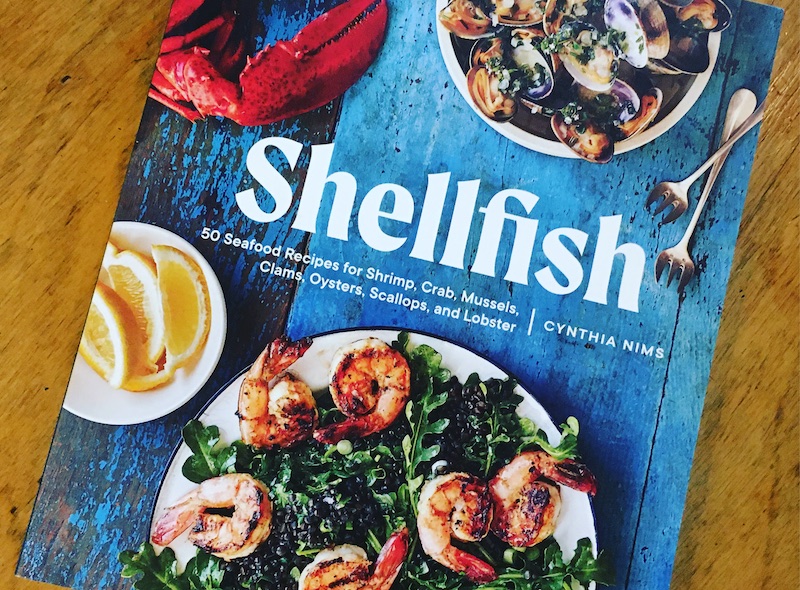 There are Nims' recent single-subject seafood books, including
There are Nims' recent single-subject seafood books, including 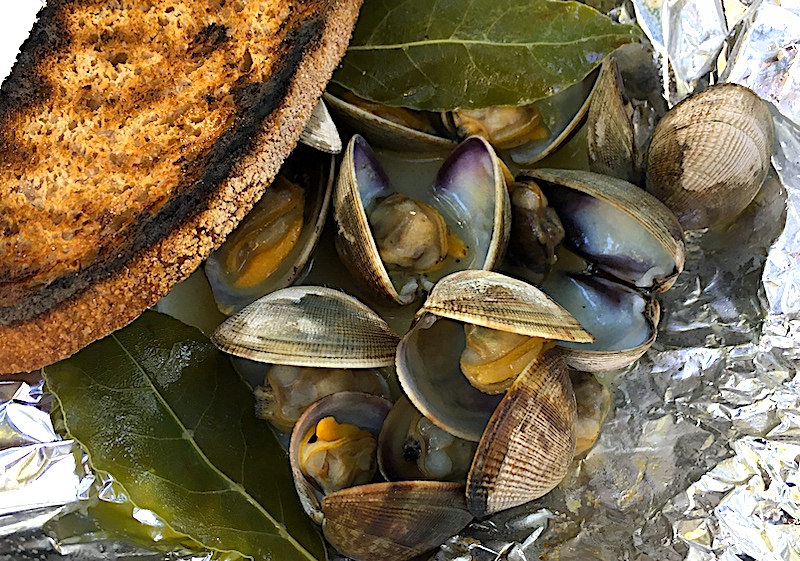 You can meet this culinary wonder woman this weekend at two events in Portland where she's bringing her new book,
You can meet this culinary wonder woman this weekend at two events in Portland where she's bringing her new book, 


